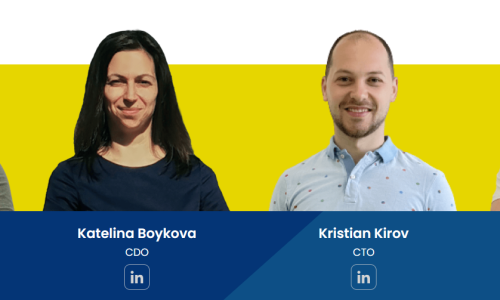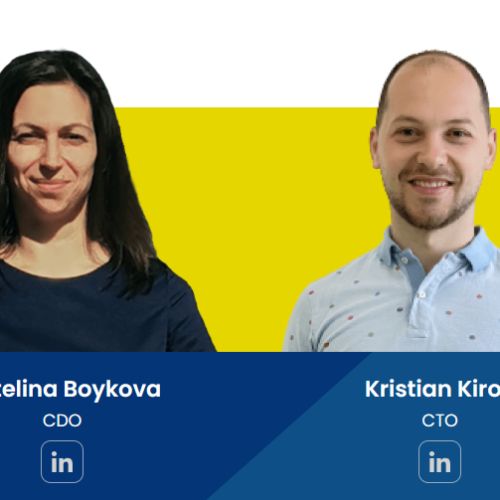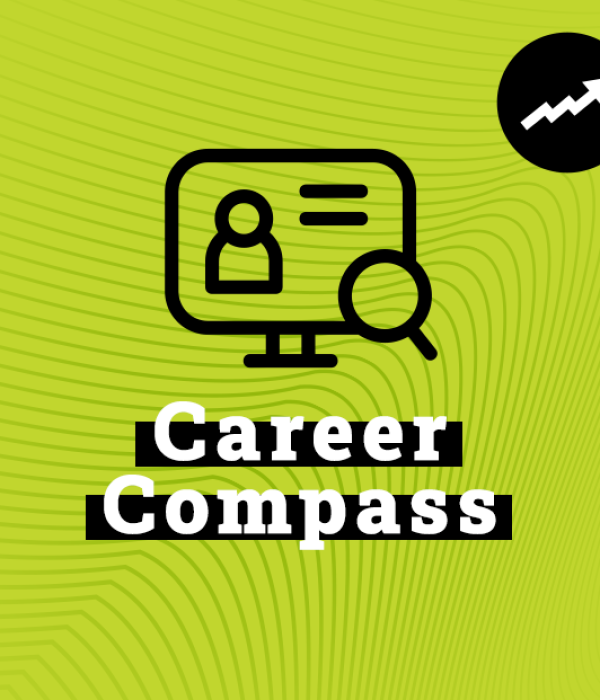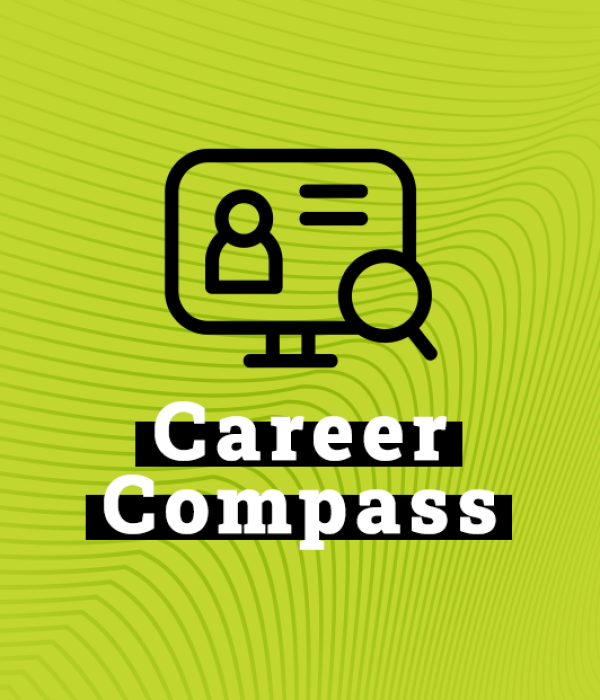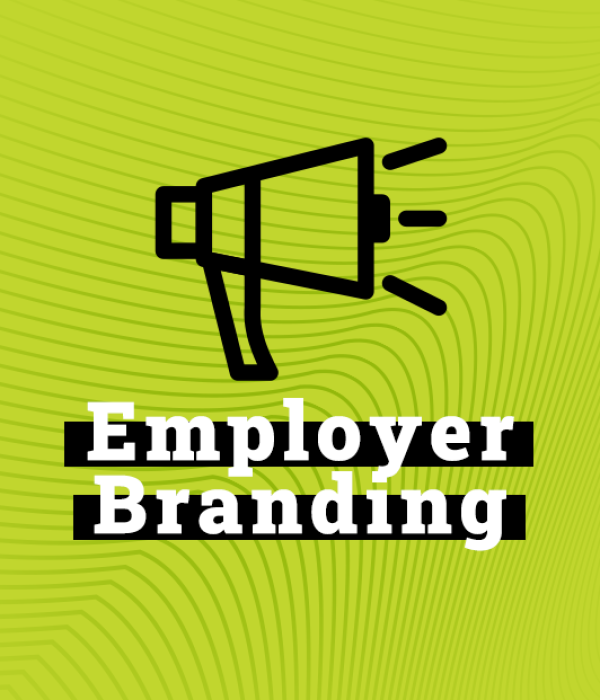Fynt AI enables in-house finance teams to rationalize their operations by connecting all business bank accounts, accounting software, and ERPs. This facilitates accelerated decision-making, data extraction and automated reconciliation processes. The technology is designed to summarize financial documents and spreadsheets, automate tasks such as invoice and bank reconciliation, and empower users to inquire about their data, for instance, asking questions like “How much did we spend on materials last quarter?”
Solving finance headaches with Fynt
As companies scale, finance teams are faced with manual tasks that hinder decision-makers. Extracting and categorizing bank and document data becomes a long process, often leading to data sifting and compiling in spreadsheets. Fynt AI offers a solution by seamlessly connecting business accounts, software, and ERPs, rationalizing decision-making, data extraction, and reconciliation with advanced technology. Fynt’s approach goes beyond traditional methods, automating various financial tasks and allowing users to inquire about their data efficiently.

The visionary mind behind Fynt
Nick Gospodinov, the visionary mind driving the AI-powered financial controller Fynt, has always embraced the quote “go big from home” rather than “go big or go home.” This distinctive mindset proved instrumental in securing acceptance into the esteemed Y Combinator (YC) program for the Bulgarian startup.
Fynt AI proudly stands as the second Bulgarian company ever to join the ranks of the renowned Silicon Valley accelerator. The startup secured a funding injection of $500K from YC, comprising $125K for a 7% equity stake and $375K through a safe note set to convert in their subsequent fundraising round.
For Gospodinov, who comes from Burgas, the journey has been a series of diverse challenges, all rooted in Bulgaria. Initially focusing on an open banking solution, their trajectory shifted significantly after gaining entry to YC.
“After YC we received a lot of interest from investors. YC gives you a network of investors, so on the day of launching or Launch YC we got probably 40-50 investors that reached out. On Demo Day there were another 40-50, so you get a lot of investors inbound,” Gospodinov says.
Pivoting with confidence and courage in entrepreneurship
“The biggest thing is that YC instills more confidence in you than anything else. You need to be confident in the fact that even though you are currently lost, you need to be confident in the fact that okay, you might not have a product market fit, but you are looking for it. You need to be confident in pivots as well. And one of the biggest lessons is what Michael Seibel (main partner at Y Combinator) said: you are always two to three key insights away from being a billion-dollar company. And those key insights come from experimentation and not from sticking to the actual playbook,” Gospodinov says.
Challenges and opportunities in building a startup from Bulgaria
After Y Combinator, Gospodinov chose to return to Bulgaria with the intention of establishing a significant presence from this base. This decision is rooted in various considerations, particularly the cost factor associated with the US, especially California. During the critical seed stage, he believes it is smarter to tap into the talent pool in Bulgaria, utilizing the skills of exceptional individuals for product development, gaining substantial traction, and subsequently expanding the team into the US.
Nevertheless, Gospodinov remains cautious about the challenges Bulgaria presents. These include the approach of Bulgarian venture capitalists towards startups and how startups tackle the issues they aim to address.

“I think there’s a misconception that Bulgaria is like the Silicon Valley of the Balkans. We’re probably a little bit more developed than some of the other countries, but I feel like if you were thinking that you can get like a billion-dollar company from here targeting the region, of course there’s a chance like the money is there. However, any startup should aim to maximize their chances of success. And you can’t maximize it if you’re targeting the market here,” Gospodinov says for Recursive.

